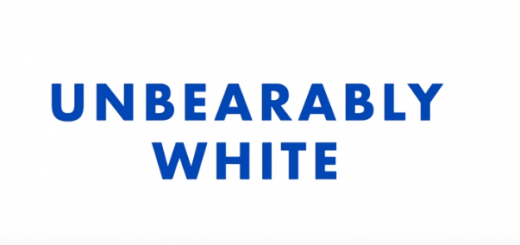I Stand Corrected by Vampire Weekend Lyrics Meaning – Unraveling the Poetic Confession of Humility
Lyrics
And I admit I have been lax
In double-screening what I say
It wasn’t funny anyway
I stand corrected
I stand corrected
No one cares when you are wrong
But I’ve been at this far too long
To act like that when we should be
In perfect harmony
I stand corrected
I, oh, I stand corrected
Lord knows I haven’t tried, I’ll take my stand
One last time
Forget the protocol, I’ll take your hand
Right in mine
I stand corrected
I, oh, I stand corrected
In the lush terrain of indie rock, Vampire Weekend often stands as a beacon of intellectual lyricism and eclectic soundscapes. With their track ‘I Stand Corrected’ from the self-titled debut album, the band takes a step back, introspecting the human condition through a magnifying lens of humility and reflection. As we delve into this rich lyrical tapestry, we discover layers of meaning that resonate with the universal truth of imperfection and the quest for harmony.
The song, a concise and poignant piece, lures listeners with its deceptively simple structure, yet buried within are profound admissions and resolute affirmations that beg for a closer examination. It’s in this quiet yet declarative nature that ‘I Stand Corrected’ captures our wandering hearts. Let’s embrace the lyrical journey Ezra Koenig, the band’s frontman, invites us to travel, exploring the song’s multifaceted dimensions encompassing error, reconciliation, and ultimately, the courage to accept one’s own fallibility.
A Labyrinth of Laxity: Confronting Personal Shortcomings
The opening lines of ‘I Stand Corrected,’ ‘You’ve been checking on my facts/And I admit I have been lax,’ reveal a speaker in the throes of self-admittance. This kind of lyrical vulnerability is a rare gem, displaying a protagonist’s willingness to confront their own shortcomings. There is an underlying tone of culpability paired with a tinge of regret, which immediately establishes a connection with an audience all too familiar with the human predisposition towards error.
This confession sets the stage for a dramatic self-assessment. The use of ‘double-screening’ hints at not only the scrutiny of external judgment but also at the necessary, often painful, process of self-evaluation. The mention of humor gone awry reminds us of the fine line between jest and insult, and the consequences of communicating without considering the weight of words.
Harmony Halted: The Quest for Perfect Synthesis
The plea for harmony in the face of discord, as voiced in the lines ‘But I’ve been at this far too long/To act like that when we should be/In perfect harmony,’ serves as more than just yearning for melodic consonance. It’s a larger metaphor for the human desire for unity and the struggle we endure in cultivating relationships, both personal and communal, that are free from conflict.
There is a revelation of fatigue, a sense that the battle to maintain an idealized form of interaction has worn thin the spirit of the speaker. Yet, despite the weariness, there remains a stalwart commitment to the notion that, ideally, there should be a seamless integration within our collective interactions, a harmony that is both deserved and direly needed.
Chorus of Contrition: The Powerful Pivot in ‘I Stand Corrected’
The stark repetition of ‘I stand corrected’ operates as a chorus of contrition, a mantra acknowledging human fallibility. This phrase, the axis around which the song spins, is simple yet profound. It is the act of publicly owning one’s misunderstandings and standing in the humility of correction.
Rather than retreating into defensiveness, the speaker chooses to plant their feet firmly in the recognition of error. In this act of standing ‘corrected,’ there is both a grounding and an elevation, a paradox that captures the transformative power of acknowledging one’s own mistakes.
Breaking Protocol: The Embrace of Imperfection and Intimacy
In a society chained by the shackles of protocol, the lines ‘Forget the protocol, I’ll take your hand/ Right in mine’ is as much a call to action as it is a declaration of change. To reject societal expectations, to reach out and grasp another’s hand, is to embrace both imperfection and intimacy.
This physical act of connection symbolizes a deeper emotional and psychological unity that stands in defiance of formalities and rigidity. It demonstrates a willingness to not only amend but also to forge forward with a newfound interdependence that can exist only when one has willingly exposed their foibles.
The Silence of Wrongness: The Song’s Hidden Meaning Unveiled
The lyrical insight ‘No one cares when you are wrong’ is a double-edged sword that cuts to the core of human apathy and the silence that often greets our missteps. The subtext here is rich with the weight of being unnoticed in error, the solitude of unacknowledged failings, and the harsh realization that to err is not only human but often a solitary affair.
Nevertheless, the hidden meaning unraveling within these few words is a powerful message of perseverance and the personal strength to stand alone amid the cacophony of life’s pitfalls. It is recognition that personal growth often comes not from external validation, but from the internal acknowledgment and correction of our own misjudgments.








